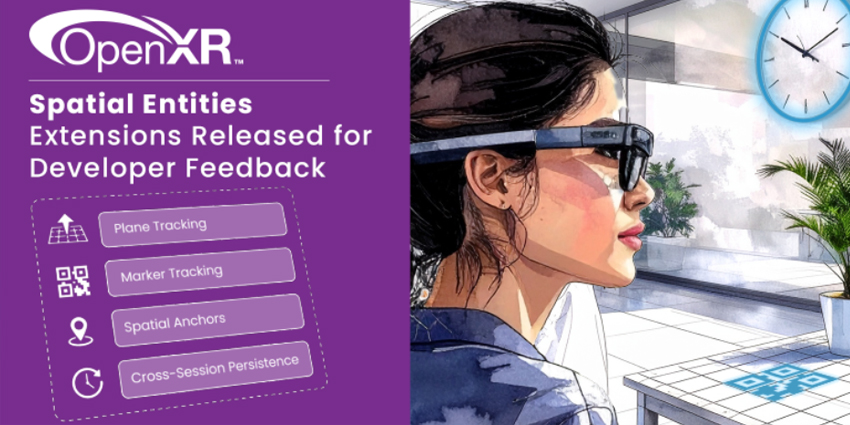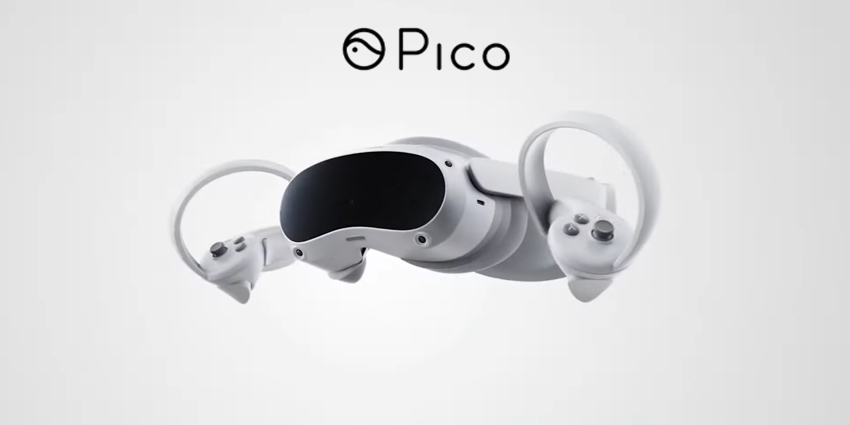Emerging technologies, including extended reality (XR) and the Metaverse, are supporting industrial firms by reducing the design, development, and delivery turnaround times of products to clients and customers, a report from Accenture revealed on Thursday.
Accenture’s report noted the ‘speed of market’ times for major industries by surveying 1,200 executives across 13 countries and verticals such as industrial, electrical, and heavy equipment providers.
It also divided companies into three categories: Starters that reduced time and boosted efficiency the least, Accelerators or mid-tier enterprises, and Speedsters significantly reducing their time and increasing process streamlining, at 63 percent, 23 percent, and 14 percent, respectively.
If remote working, remote hiring, remote on-boarding are all here to stay, could #VR be far behind? That’s what people at #Accenture are trying to find out.
Your next piece of #WFH equipment might be #VirtualReality goggleshttps://t.co/mV5ytn98yh pic.twitter.com/7OsmCrLf3W
— Charlie Fink (@CharlieFink) May 14, 2022
According to the IT consultancy firm, the findings recommended several methods industrial enterprises could use for leveraging advanced technologies, including:
Plan to Produce to address challenges with “virtual commissioning tools” aimed at synchronising product and production engineering. It also recommended digital twins for recreating production processes to optimise production workflows, as well as leveraging artificial intelligence (AI) for supply chain and production management, and tapping “extended reality and the industrial metaverse” to boost opportunities for training and upskilling workforces.
Idea to Product, allowing firms to tap feedback and usage data on digital twins, the internet of things (IoT), cloud-based, high-performing computing (HPC), and other emerging technologies to monitor solutions along the product lifecycle.
Demand to Deliver processes to provide methods to integrate manufacturing on the supply chain with a “digital thread” complete with data flows across organisations and silos. This allows seamless supply chain network optimisation and planning, among others, along with product digital twins across the enterprise for added collaboration and using AI and metaverse-backed workflows for digital sales.
Demand to Deliver, including client-side demand and sales planning, order intake and scheduling, and final distribution, among others. The process would tap digital twins, AI, cloud and high-performance computing, machine learning and other technologies to cut expenses and time.
Thomas Rinn, Industrial Practice Lead for Accenture, said in a statement,
“A company’s ability to produce and deliver more goods in less time and at lower cost is a key competitive advantage. Our research shows that advanced technologies such as AI, cloud, digital twins and high-performance computing play a critical role in enabling this”
Accenture’s Onboarding Adventures
The report comes months after Accenture launched its Metaverse Continuum Group report, which outlines how emerging technologies would push Industry 4.0 to new potential.
The findings surveyed over 4,600 businesses and technology leaders in 35 countries, with 71 percent responding the Metaverse would positively impact their operations, with some sharing use cases leading to reducing waste, increasing productivity, and streamlining supply chains.
Accenture, a major investor in metaverse technologies used for boosting company processes and upskilling workers, was the first company to mass adopt 60,000 Meta Quest 2 headsets to train and onboard new hires for its workforces.
The Dublin, Ireland-based firm’s onboarding efforts has led it to become the global leader in hires for virtual reality (VR) specialists at 1,600 postings since October last year compared to Meta Platform’s 550, a joint report with Revelio Labs and Bloomberg found last month.
The company has also invested in startups Talespin and Inrupt, with the latter owned by Internet pioneer Tim Berners-Lee, and contributed significantly to human resource firms around the world.
The news follows an August 2022 McKinsey & Company trends report, which stated XR helped users “see the world differently” with mixed and augmented reality and “see a different world” with VR.
It added the industry saw a sharp rise to roughly $30 billion USD in value for the previous year, and outlined multiple use case categories such as learning and assessment, spatial awareness for manual jobs such as manufacturing, product design and development, and business-to-customer (B2C) for gaming, fitness, fashion, and other iterations.







